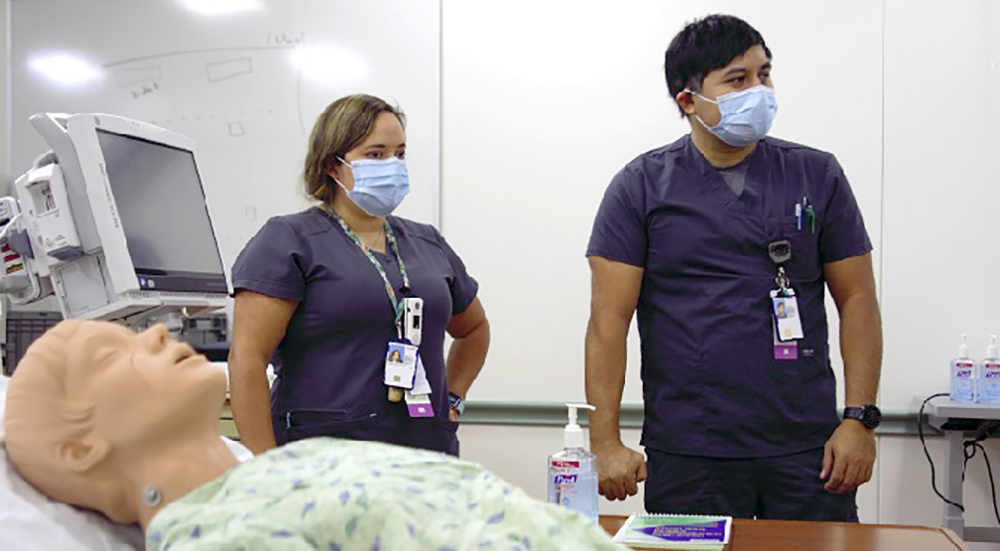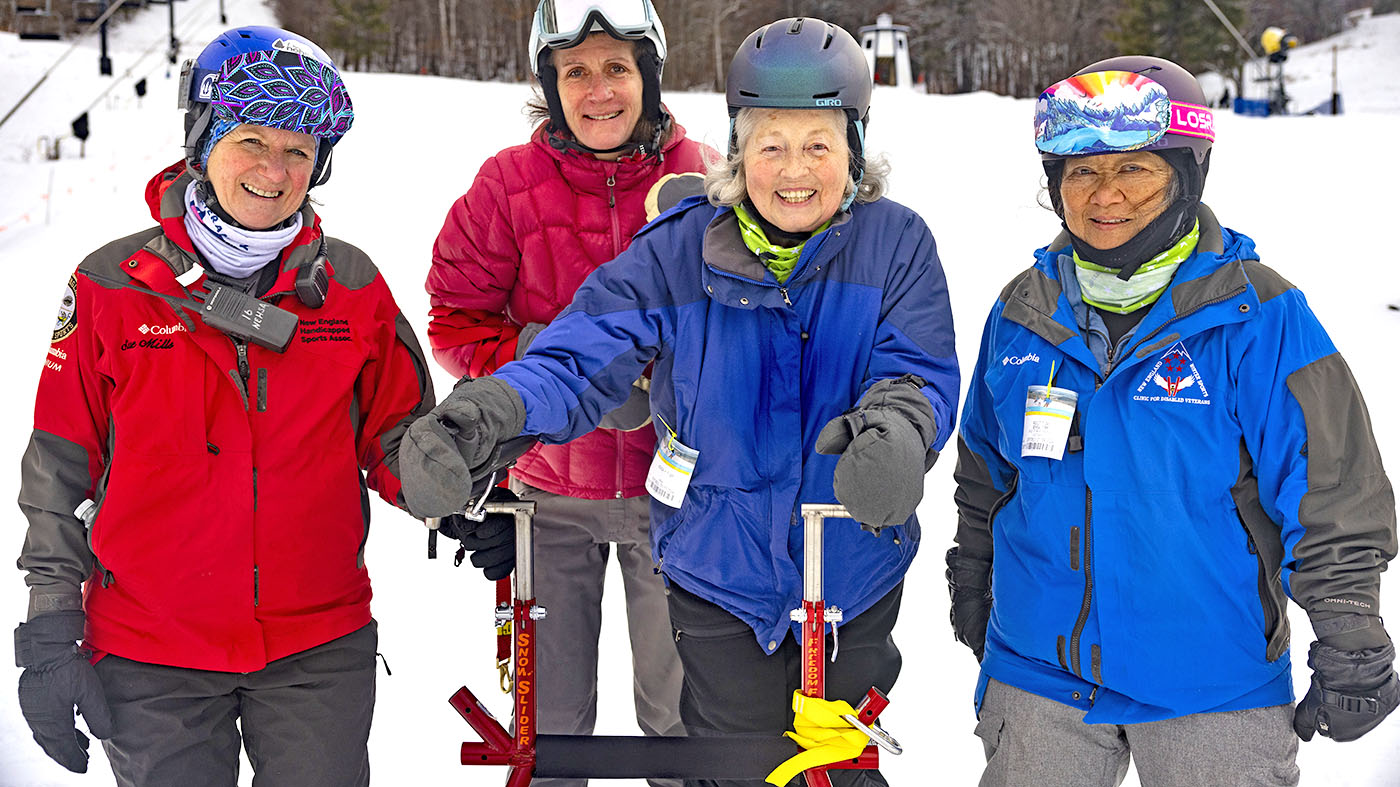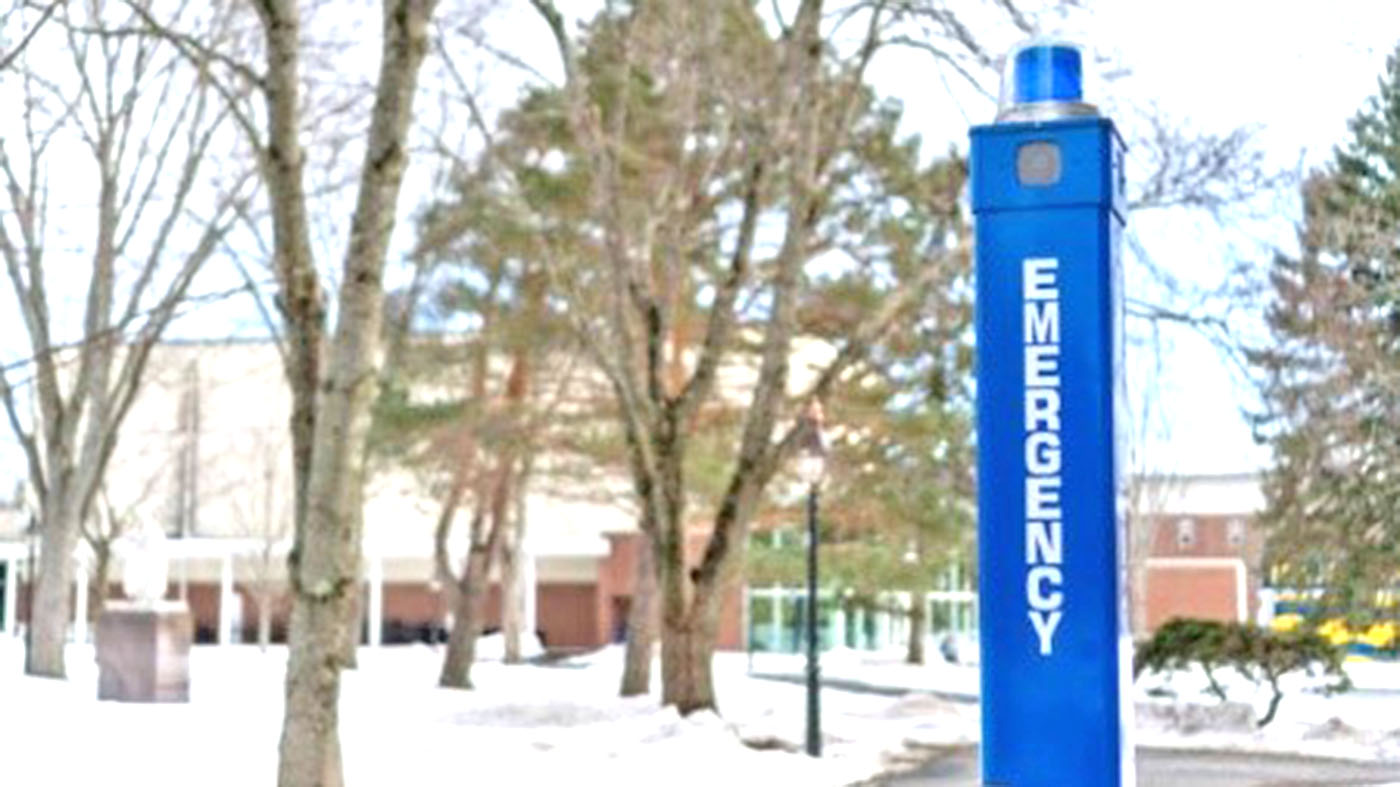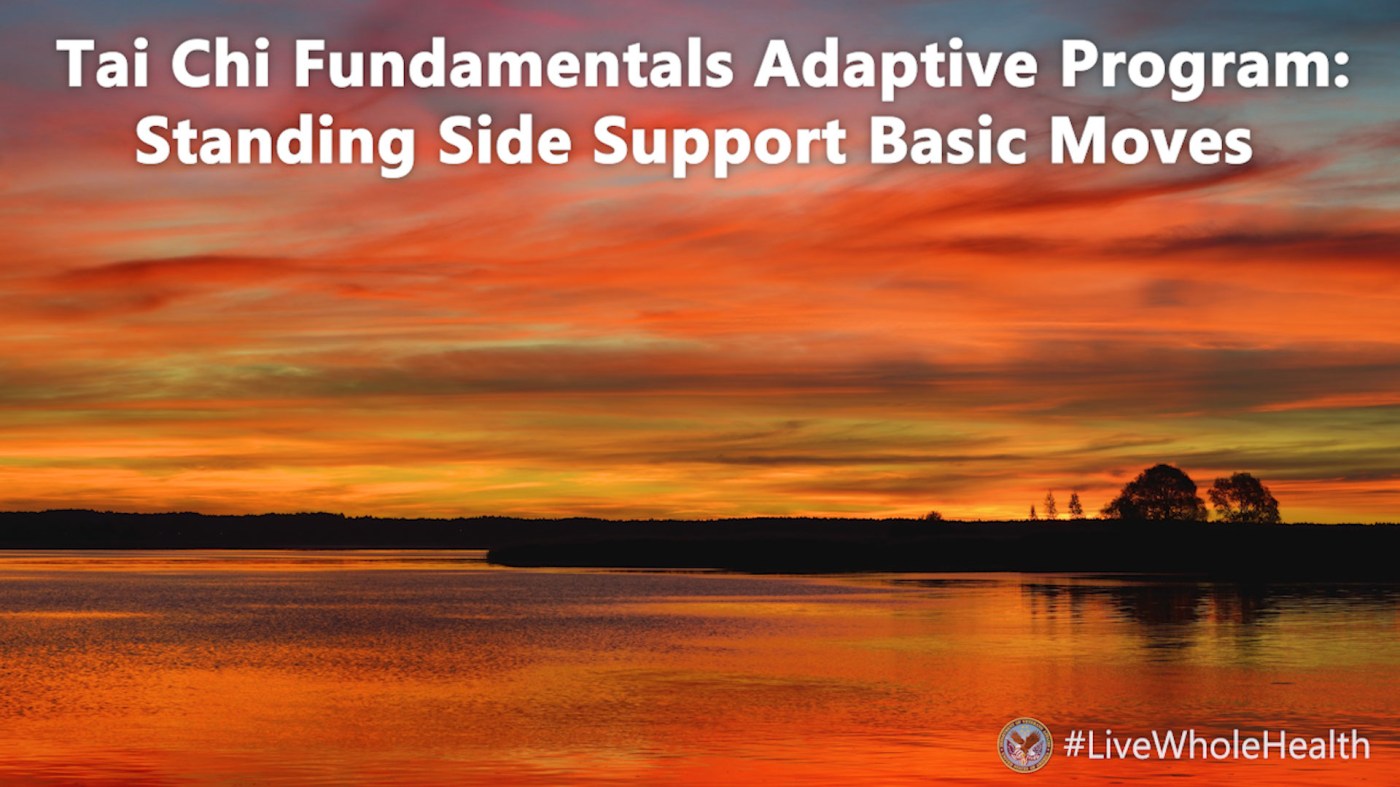South Texas VA’s Hospital Education designed a “Reach Out” room simulation exercise and invited hospital staff in September to test their knowledge of patient safety processes.
The room tests the clinician’s observation and knowledge of the environment of care.
Nurses find a set of lock boxes in the “Reach Out” room after solving a problem. They find instructions that tell them what their next move is.
This is an important nursing skill so nurses are cognizant of items in a patient care area that could pose harm to patients and/or staff.
“Suicide prevention is the highest clinical priority of VA,” said Brandye Mize, a quality management clinician whose primary responsibility is suicide prevention. “Suicide-related training is incorporated into their nursing orientation when they join VA.”
Mize has access to a network of subject matter experts that include nursing, providers, educators, and social workers.
Maze of hidden harmful items
The fastest time of completing the maze of hidden harmful items went to the nursing team of Jose Ramirez and Leticia Lucio. Ramirez did well because he has dealt with suicidal patients previously.
Lucio enjoyed the relaxed atmosphere of the simulation.
“The training was very laid-back but engaging. Rather than sit and listen to someone speak, it was interactive.”
The game-like, simulation atmosphere is by design, keeping the clinicians engaged and excited.
Debbie Bartoshevich, simulation program director, set the simulation exercise into motion. She made it competitive, keeping a tally of the time to beat, complete with an intimidating countdown clock.
The workflows for suicide prevention are a serious, orchestrated process, and that is impressed upon the participants.
Suicide risk determined with severity screener
When patients are admitted, either planned or transferred or from the emergency department, it is critical to have a good handoff between the admissions department and the nurse on the ward.
The first thing is to determine suicide risk level by administering a Suicide Severity Rating Scale Screener.
The outcome of this extensive questionnaire will determine the different actions of the clinicians on the Veteran’s treatment team. One of those core activities is “safe-ing” the room.
It is a rather innocuous task but one that could easily be overlooked if the clinicians give in to complacency.
A good reinforcement of things to look for
“It’s important to have training like this,” Lucio said. “We sometimes get caught up in the day-to-day aspect of things. You might miss a thing or two here and there when assessing a room. This was a good reinforcement of things to look for.”
Training also provides frontline staff confidence, Lucio added.
“I have not had to provide care to a suicidal patient, but this training will help when I do have one.”
The education staff held the exercise in September because it was Suicide Awareness Month and the month when VA releases the Annual Suicide Report to the public. This year’s report highlighted the fact that the suicide rate declined 7.2 percent from 2018 to 2019.
Despite that good news, exercise planners know there is always work to do on that front.
“This is our first exercise in Suicide Awareness Month,” Bartoshevich said. “We felt it would be a great refresher for staff to stop by and see what they remembered from the training this summer.”
Over 1,600 providers went through the experience in 2021
Although the participants were jockeying for the top spot on the podium by completing the exercise in the shortest amount of time, Bartoshevich said success comes down to teamwork.
“Suicide is everybody’s business,” Bartoshevich said. “We believe when a Veteran is admitted as a suicide risk, it is our duty to ensure that they are safe during their entire stay. Their safety is our business.”
Topics in this story
More Stories
After Addison’s Disease and lumbar spine surgery, nurse Veteran Gayle Smith re-learned how to ski. “You have more courage than you think.”
Follow these 10 winter safety tips to stay warm, safe and protected during the cold winter.
Forget 'No Pain, No Gain'—try 'No Pain, More Gain' with Tai Chi! Calm the mind and gift yourself well-being in this week's #LiveWholeHealth practice.







